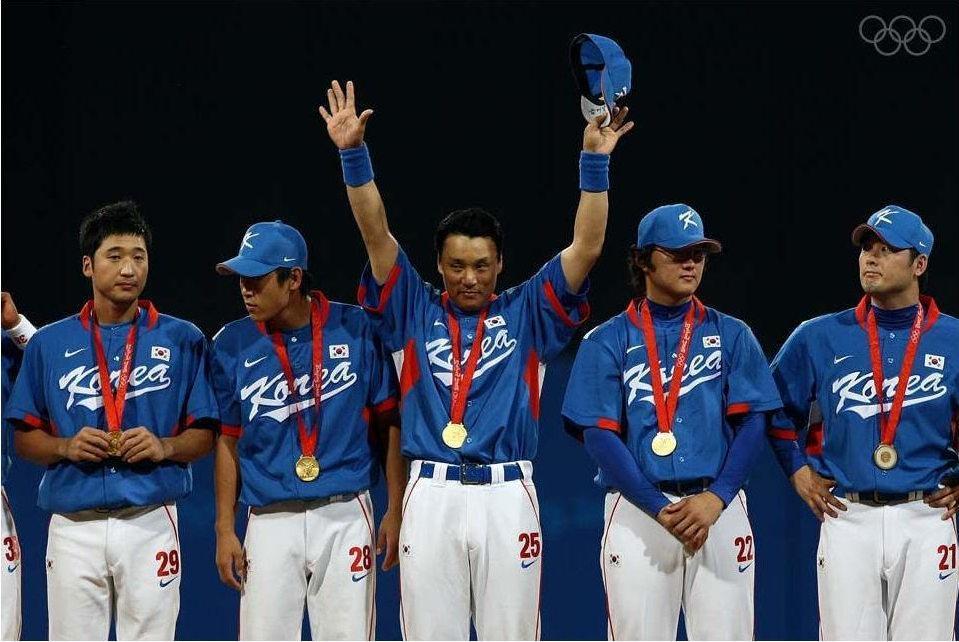
Wishing for All Elite Olympic Athletes to Be at the Games
In reality, the vast majority of MLB players will not be in Tokyo. While its "second-tier" players could be available, MLB's elite players will not. And from Barcelona 1992 through Beijing 2008, the last Olympic stretch for baseball before its Tokyo return, they did not, either. Simply put, MLB's team owners and players' union don't like the idea of shutting down the league's summer season for two weeks to accommodate the Games. (Meanwhile, the Nippon Professional Baseball and the Korea Baseball Organization have committed to the Olympic break.)
Outspoken MLB star Bryce Harper puts it frankly, "You want to grow the game as much as possible and you're not going to let us play in the Olympics because you don't want to (lose) out on money for a two-week period? OK, that's dumb". (Um... yes, baseball team owners are more interested to grow their immediate revenue than to "grow the game".)
Baseball may not get the chance again. The sport was not included in the program for Paris 2024, taking women's softball (despite embracing the Olympics) down with it. Very likely, the fact that the sport's biggest power brokers don't have an interest is a key to why baseball isn't a core sport for the Olympics. A return for Los Angeles 2028 is possible, helped by a United States-based Games, but MLB availability may very well again be an issue.
The vast majority of sports do see the Olympics as a unique, elite goal for its players. But MLB is not alone in some recalcitrance. Here is a look at how some other high-revenue professional sports approach the Games.
Ice Hockey
As the only traditional team sport in the Winter Olympics* since Chamonix 1924, ice hockey has a special position of interest from the International Olympic Committee in ensuring elite players participate. Aside from that background, men's ice hockey's relationship with the Games is similar to baseball's.
The sport's top professional league, the National Hockey League, has a team ownership structure reluctant to stop a season's play and risk revenue and player injury. And, similar to MLB's World Baseball Classic, the NHL has its own contrived international tournament, the World Cup of Hockey.
And also similar, other top leagues make the Olympics a priority. But every four years, there is another round of negotiations, with the NHL's business interests pitched against the IOC's and the International Hockey Federation's interest in presenting a top quality tournament to expand the game. NHL players appeared for the first time in Nagano 1998, and did so through Sochi 2014, but skipped Pyeongchang 2018. Current expectation is that the NHL will return for Beijing 2022. That's due in large part to the players themselves wanting to go.
*(I'm not counting curling as a 'traditional' team sport. But let's get bandy into the Olympics!)
Basketball
The National Basketball Association is the ultimate team sport role model for embracing the Olympics. Prior to Barcelona 1992, men's basketball teams from the world's powerhouse, the United States, were purely amateur and from the college ranks. With the IOC loosening restrictions on professionals, the International Basketball Federation (FIBA) pushed for NBA players be allowed to participate. No doubt eager to re-establish its basketball dominance after its Seoul 1988 bronze medal disappointment, the United States was enthusiastic - as were other countries' teams looking to play against the best.
The U.S. 'Dream Team' was born: a selection of the absolute best NBA players together to dominate the world. It was a sporting event of legend, the team not only winning gold in commanding fashion, but winning over countless new NBA fans across the globe. The NBA's recognition of the power of a global stage to spur growth was born.
Dissimilar to MLB and the NHL, the NBA's season does not cover the two weeks of the Olympics. That's a big positive for NBA players to participate, as essentially an offseason tournament doesn't immediately affect team owners' pockets. Even when the current Covid-19 pandemic caused concern for this year's Games, the NBA found a way to allow its schedule to accommodate its players.
It's not clear how long the love affair will last. If and when the U.S. doesn't win gold again, favor for Olympic participation by some players may fall. There is also a World Cup, run by FIBA, but so far that hasn't dampened Olympic allure.
It should be noted that on the women's side, the WNBA similarly embraces the Olympics. In fact, the league owes its existence to the Olympic tournament at Atlanta 1996. Rio 2016 featured a record 26 WNBA players.
Soccer
Soccer (football) first appeared as an Olympic sport at Paris 1900, and has consistently been a top audience draw each Games, buoyed by its deep global popularity. But soccer has had its growing pains, too, with the International Federation of Association Football (FIFA) prioritizing its men's World Cup since 1932.
Today, that means that the men's tournament is only open to players aged 23 and under, which means most top-flight players cannot participate (unless chosen as allowed three-per-team over 23). The restriction hasn't dampened the enthusiasm for Olympic soccer in some key aspects. The sport holds the largest field of of any of the men's team sports (16). And, it is widely seen as a stepping stone to the senior ranks, with numerous budding stars featured on past rosters.
Lionel Messi won gold at Beijing 2008 alongside Angel Di Maria, Javier Mascherano, and Sergio Aguero. Neymar won silver at London 2012 and gold at Rio 2016. Cristiano Ronaldo competed at Athens 2004. The Mexican gold medalists in London featured Hector Herrera and Giovani dos Santos. Carlos Tevez has gold from Athens 2004 (as does Mascherano). Samuel Eto'o played at Sydney 2000, as did Ivan Zamorano (who bronze with Chile). Barcelona 1992's iconic Spanish team featured Pep Guardiola, Luis Enrique and Santiago Canizares.
Similar to women's basketball, women's soccer powers have no compunction about the Games, or restriction. Despite a growing World Cup and multiple professional leagues, the top stars of women's soccer still very much view the Olympics as a singular goal.
Golf
The International Golf Federation may find Tokyo 2020 a crossroads for its growth ambitions through the Olympics. When the sport was re-added to the Olympic schedule in 2009 after more than a 100-year absence, for Rio 2016, organizers surely had dreams of Tiger Woods - by far the sports' biggest star in 2009 - adorning the Olympic Village while wearing a gold medal as the biggest advocate for the Games. Woods pledged his commitment. Fellow superstars Padraig Harrington and Michelle Wie spoke in person about their Olympic dreams. The PGA Tour worked collaboratively to revamp its schedule.
Cut to a few months ahead of the Rio Games. Diverse and prominent men's players Vijay Singh, Louis Oosthuizen, and Charl Schwartzel announced they would not play, followed by even larger names Adam Scott and Jason Day. Then Jordan Spieth and Dustin Johnson.
Only four of the world's top 10 remained in the men's draw. Credit to the women, though...all of their top 10 players committed, and only one professional woman declined. In any case, Rio 2016 went forward, with an arguably mid-level podium result for the men with Justin Rose, Henrik Stenson, and Matt Kuchar. The women, though, had a star-studded medal stand, with Inbee Park, Lydia Ko, and Shanshan Feng.
So, now Tokyo 2020...and Johnson, currently the #1-ranked man, has announced he'll again skip the Games. While no others - yet - have followed suit, using an overworked schedule or another virus risk as an excuse, the IGF should be working the phones to ensure an elite men's field's commitment. As for the women, Park remains excited. If the defending champion is in, surely the rest will follow.
Tennis
Although there is always talk about the Olympics adding pressure to a packed schedule every four years, and there is inconsistency on ranking points awarded, both the WTA and ATP tours accommodate the break. Players often see the tournament as a 'fifth Grand Slam event' and consistently are invested.
Witness Novak Djokovic's emotions at his first round loss at Rio 2016. Lisa Raymond took the U.S. Tennis Association to arbitration to fight for a place on the Sydney 2000 team. Venus Williams is pushing her body for another Olympic run. Roger Federer was "crying and crying" as his Sydney 2000 dreams fizzled. Dominic Thiem now claims "a medal is my dream" at Tokyo 2020.
Nadal gets it. Why can't more top athletes and their officials?

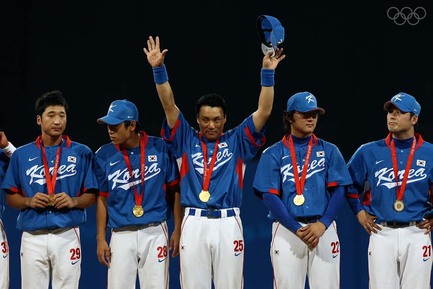
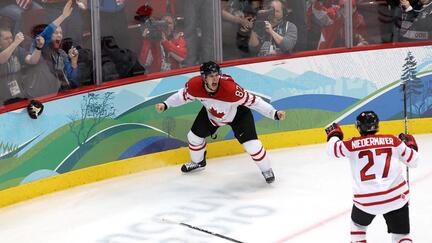
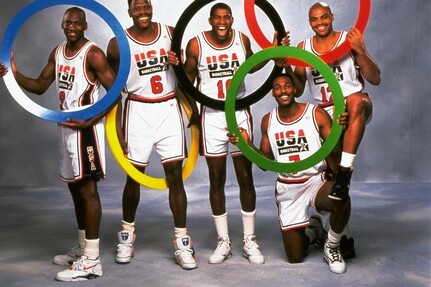
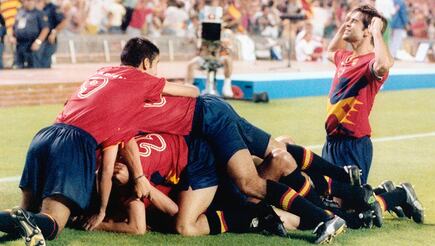
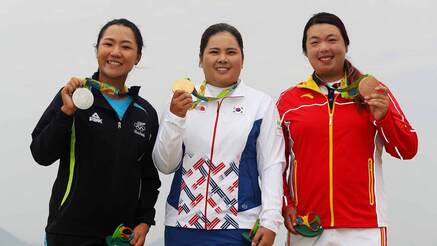
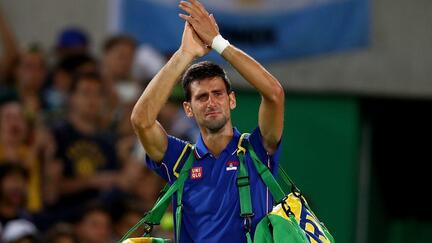

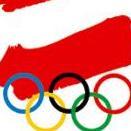
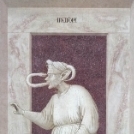

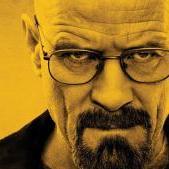

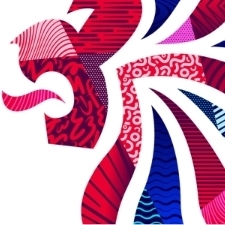
Recommended Comments
There are no comments to display.
Create an account or sign in to comment
You need to be a member in order to leave a comment
Create an account
Sign up for a new account in our community. It's easy!
Register a new accountSign in
Already have an account? Sign in here.
Sign In Now